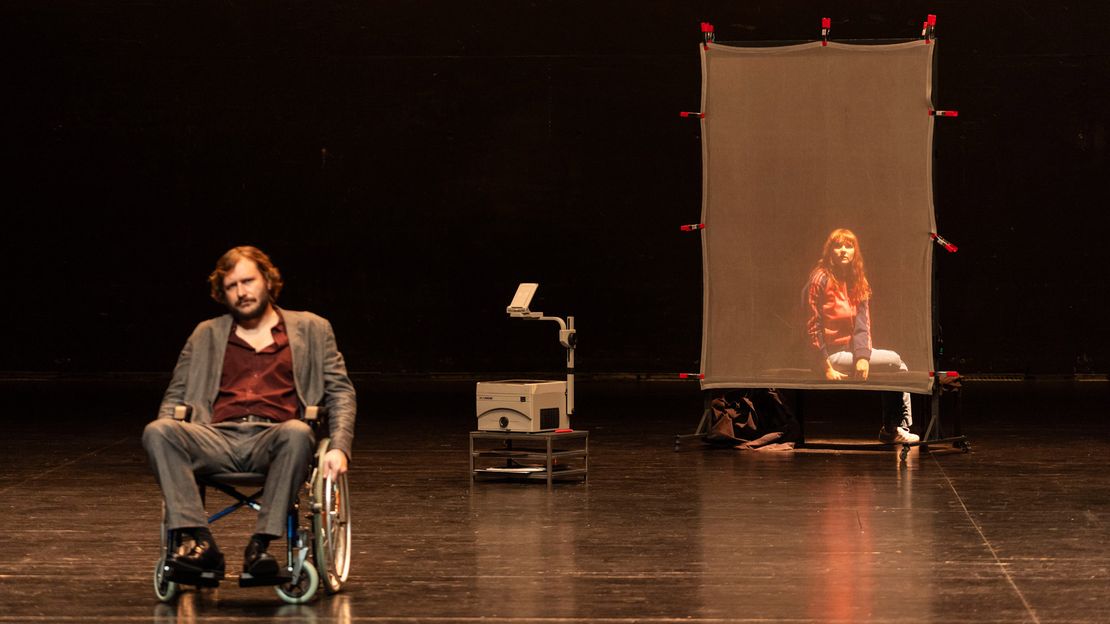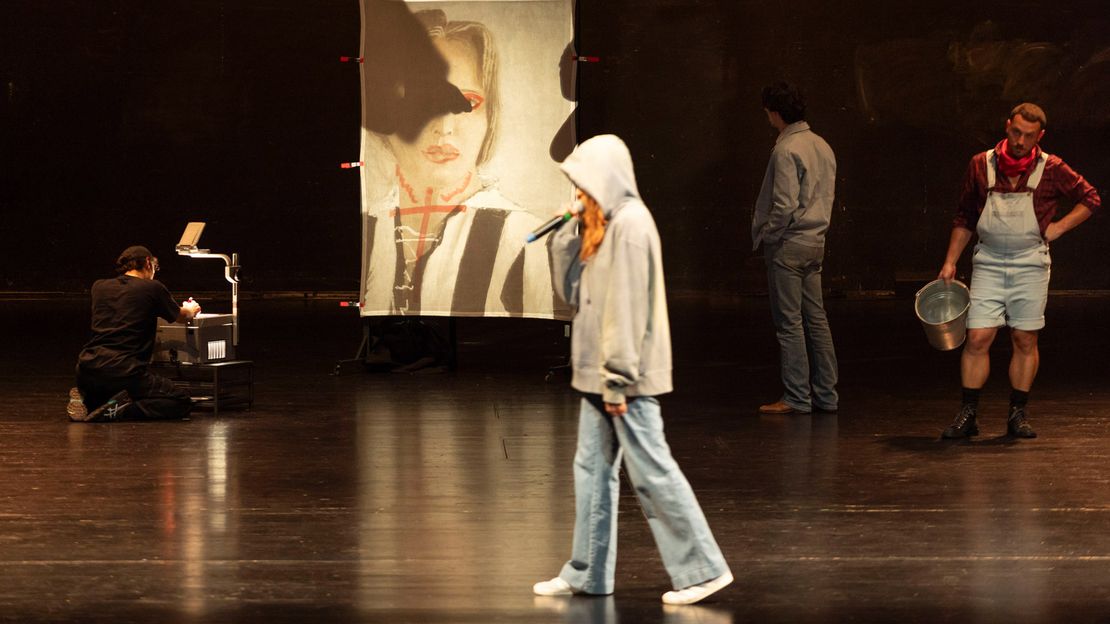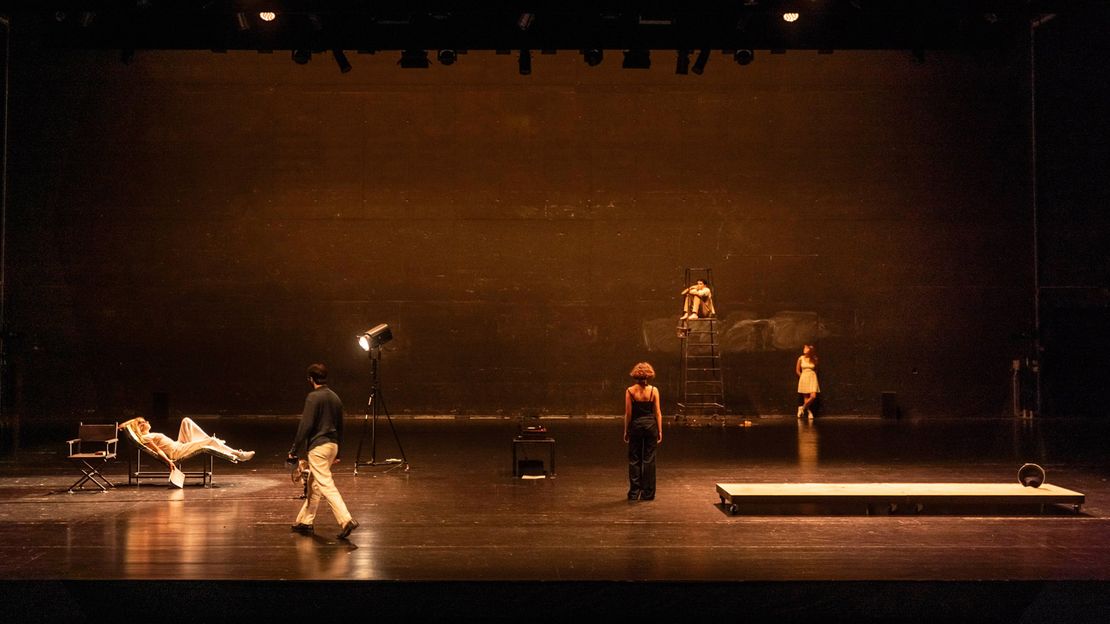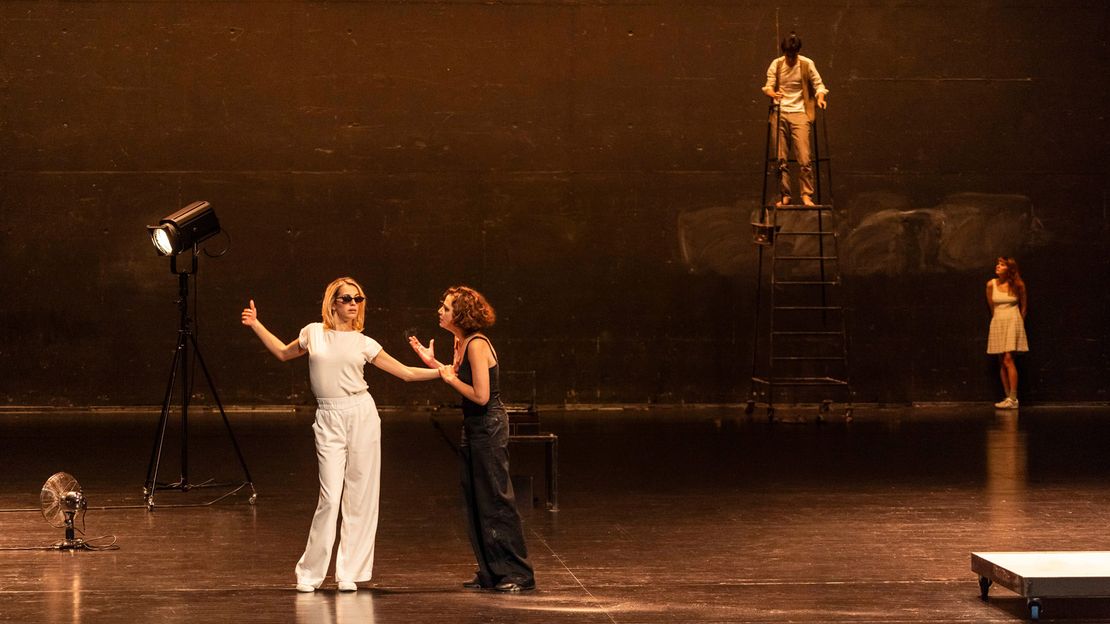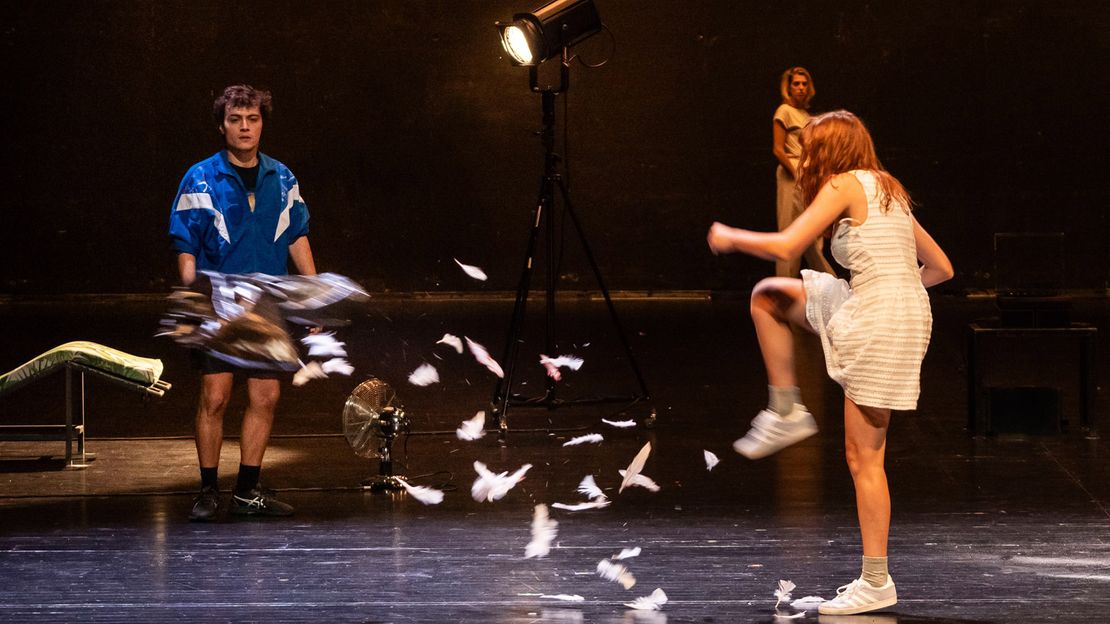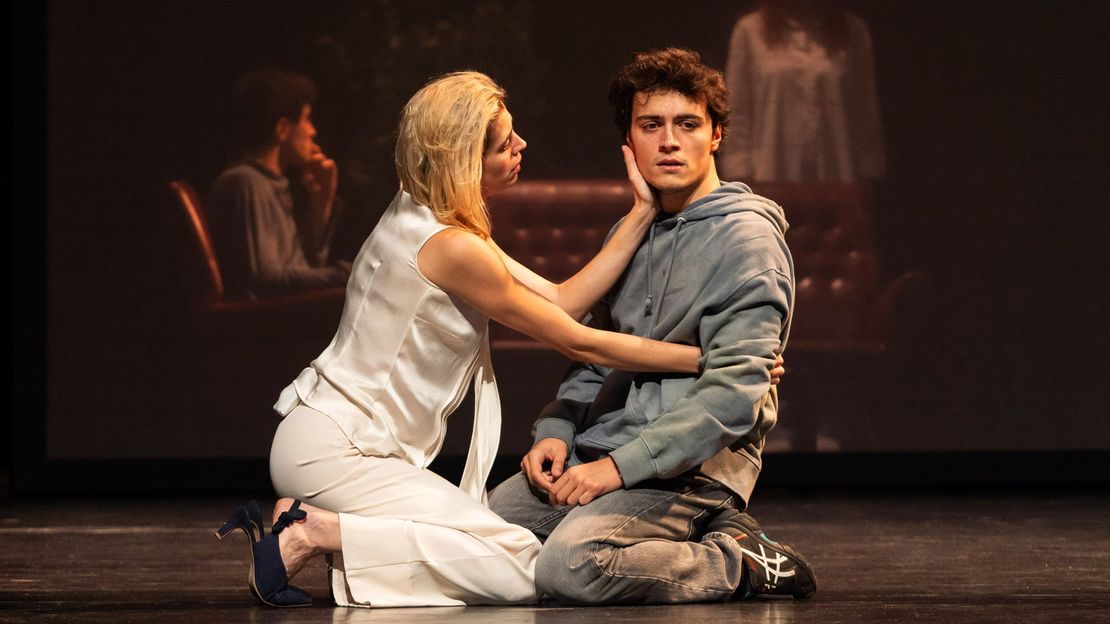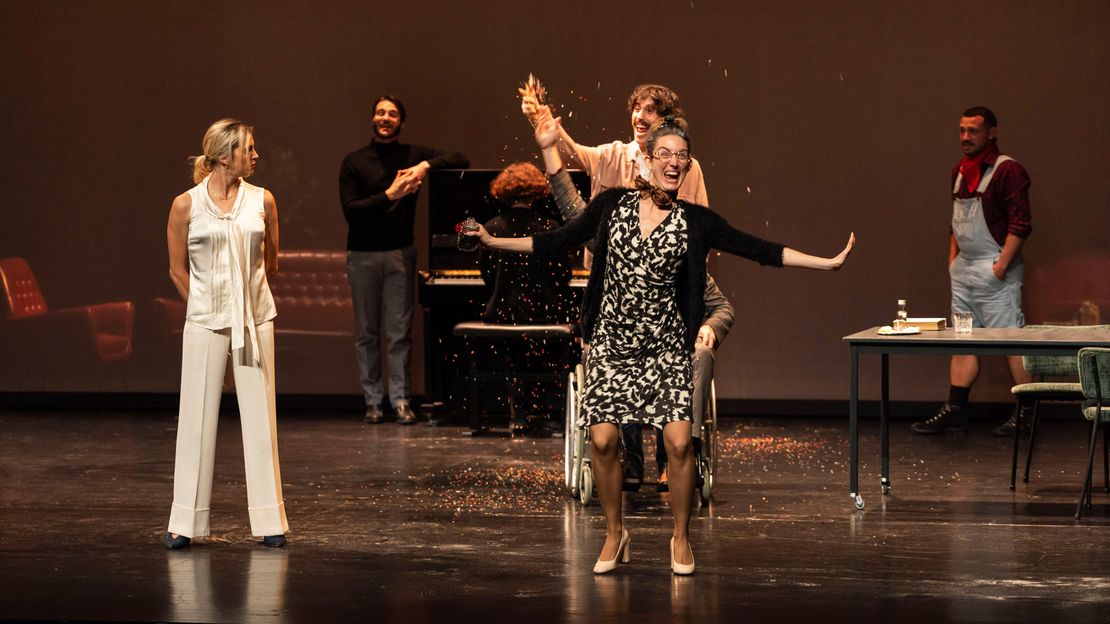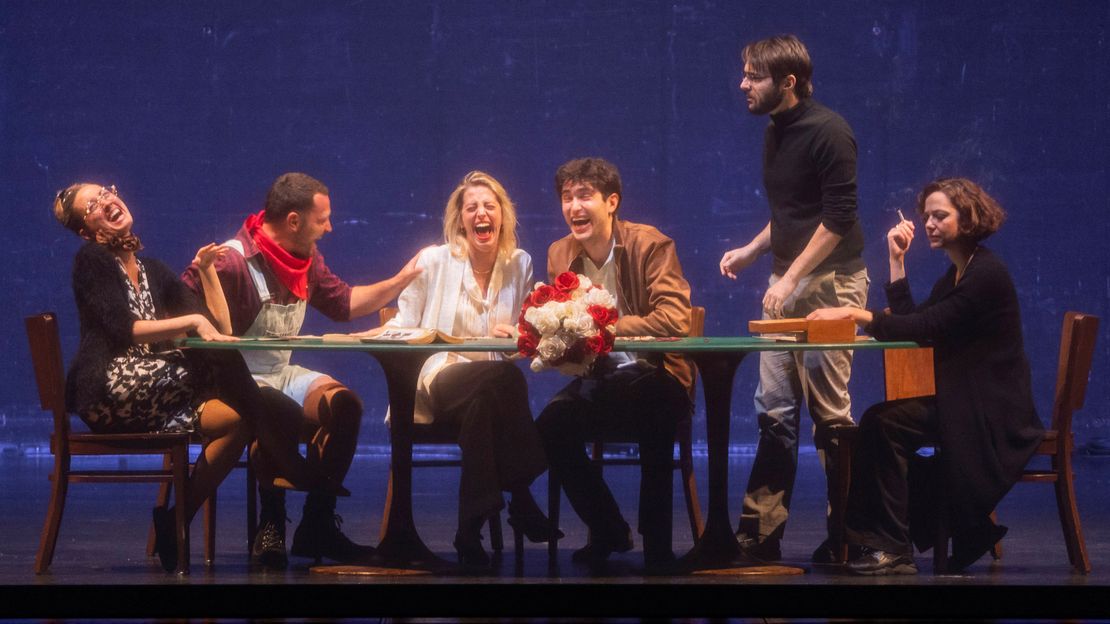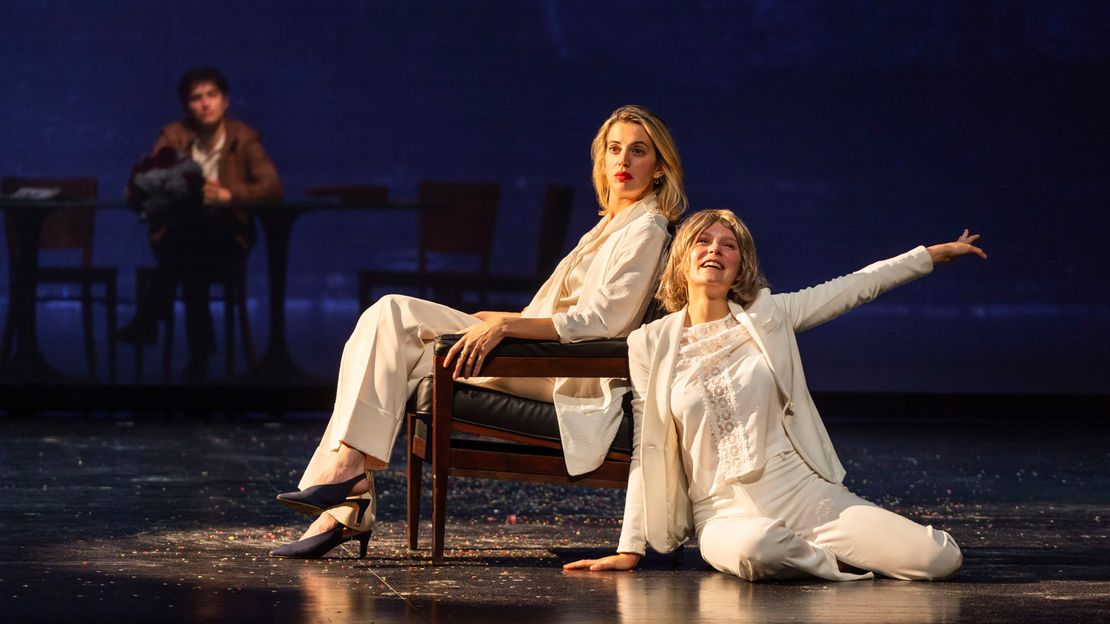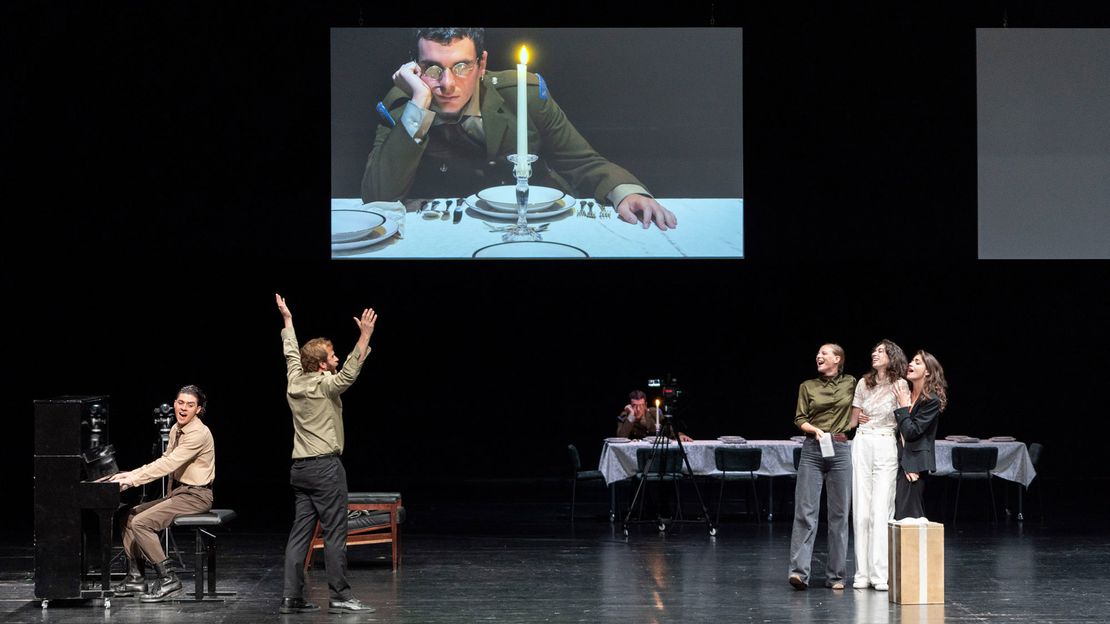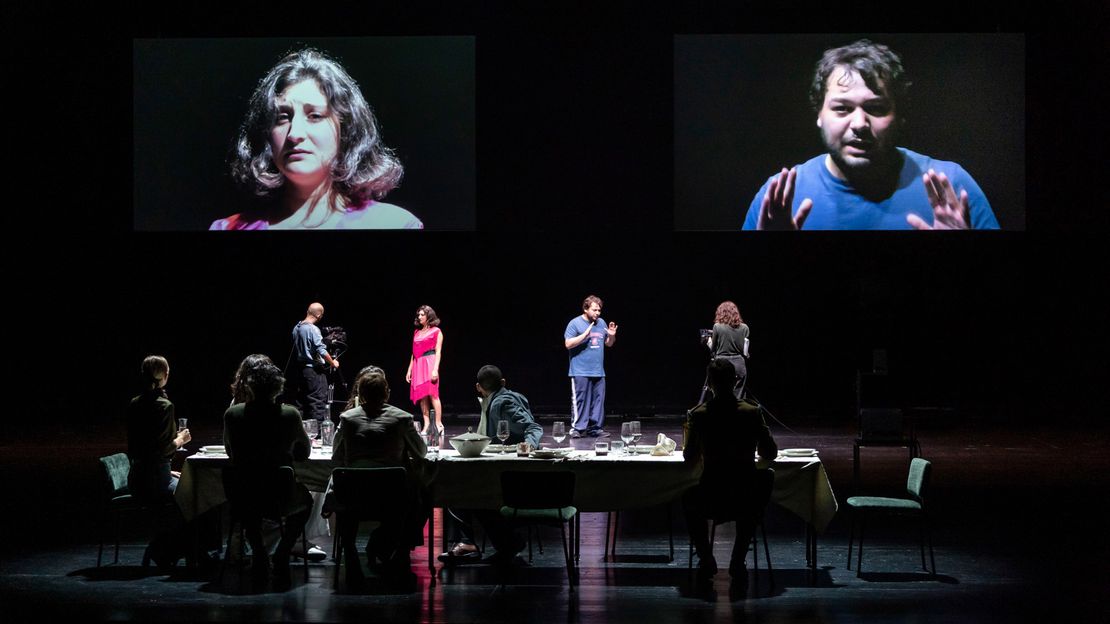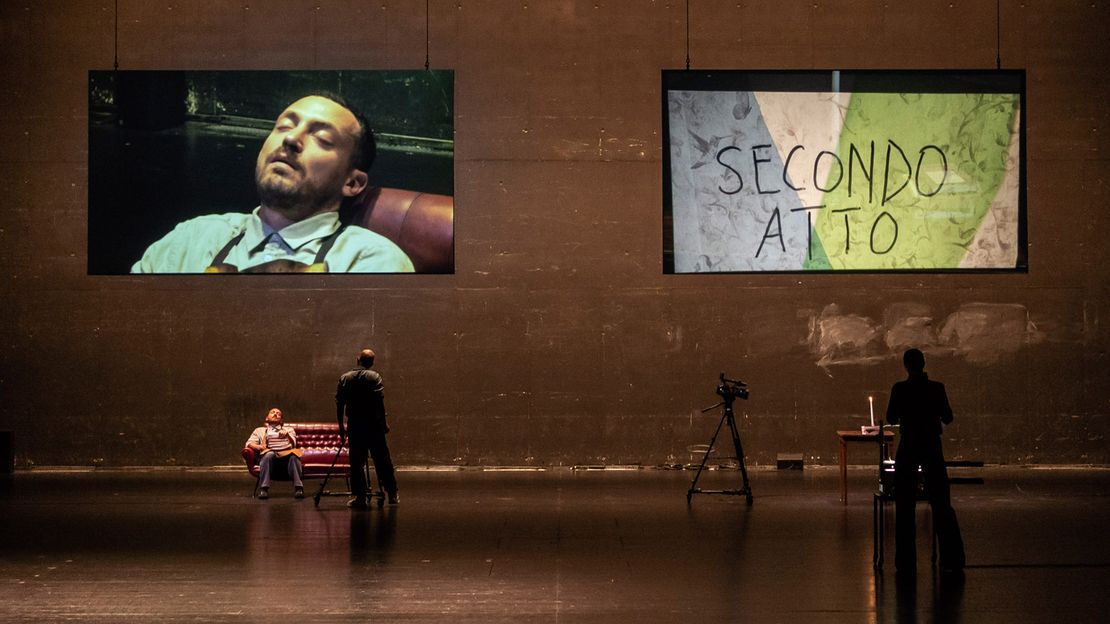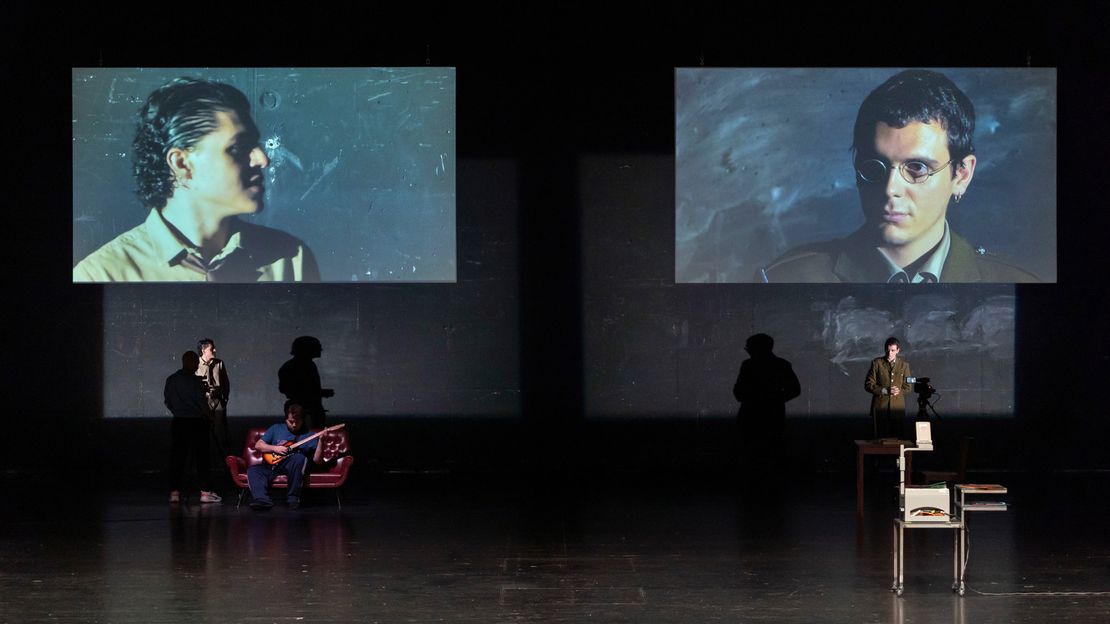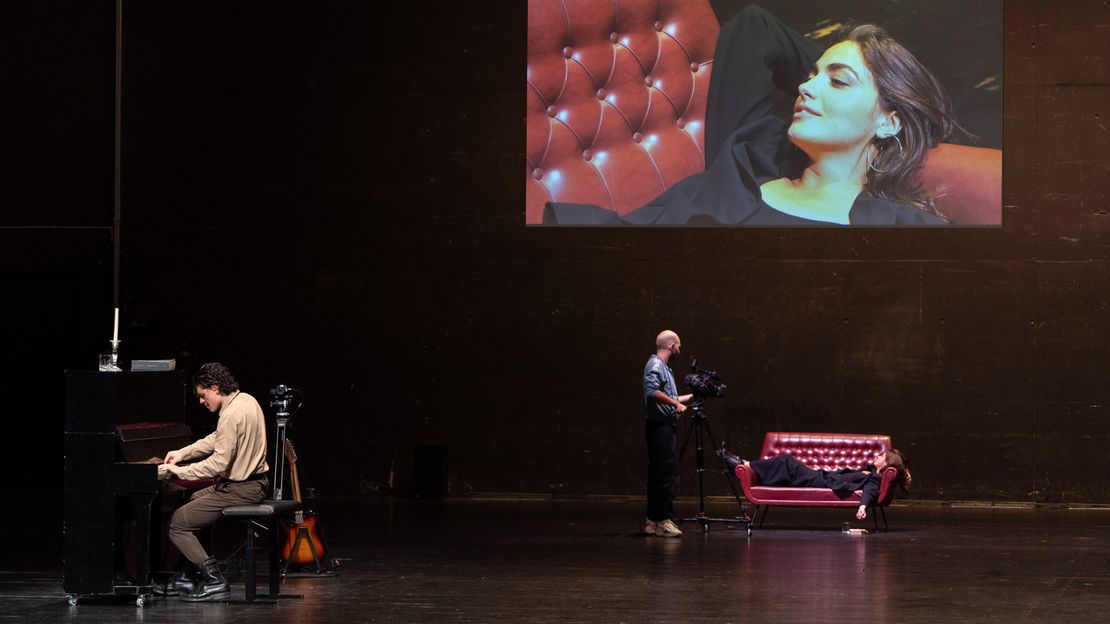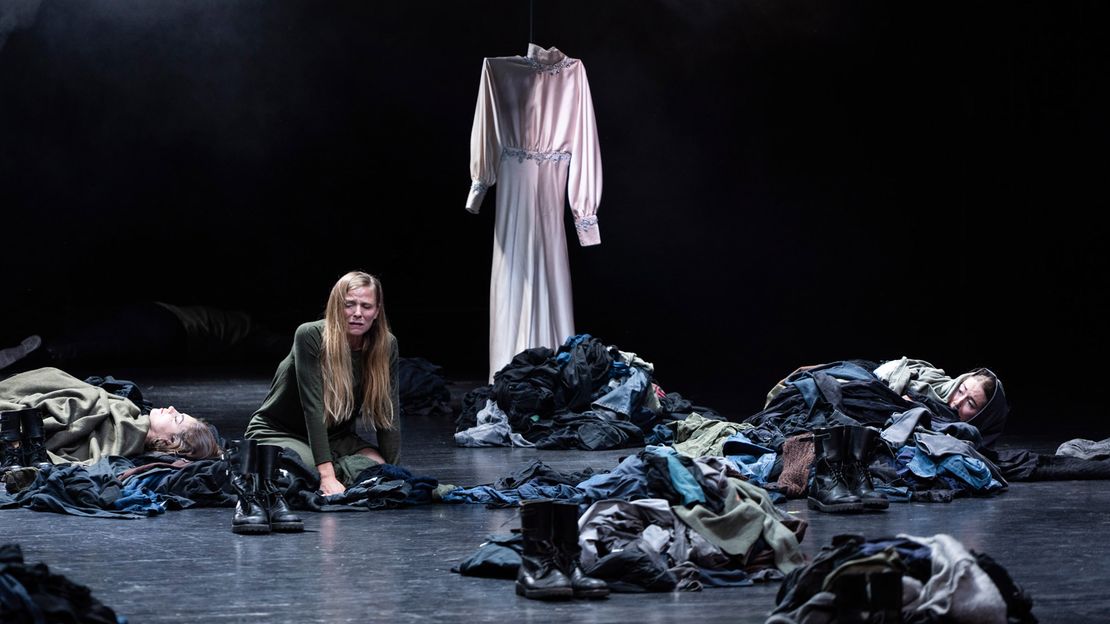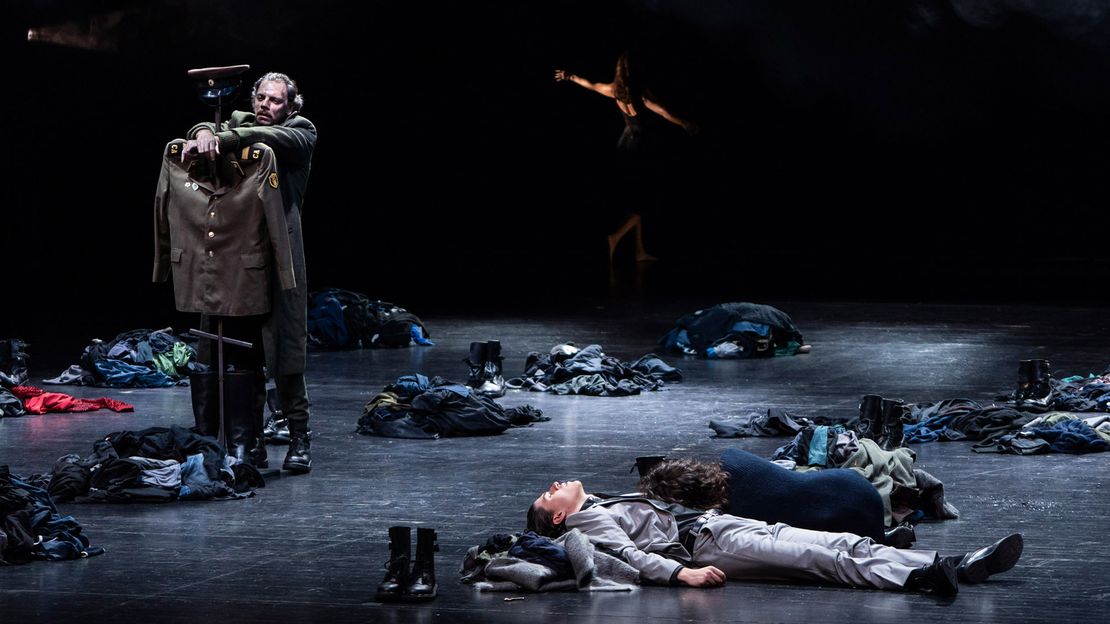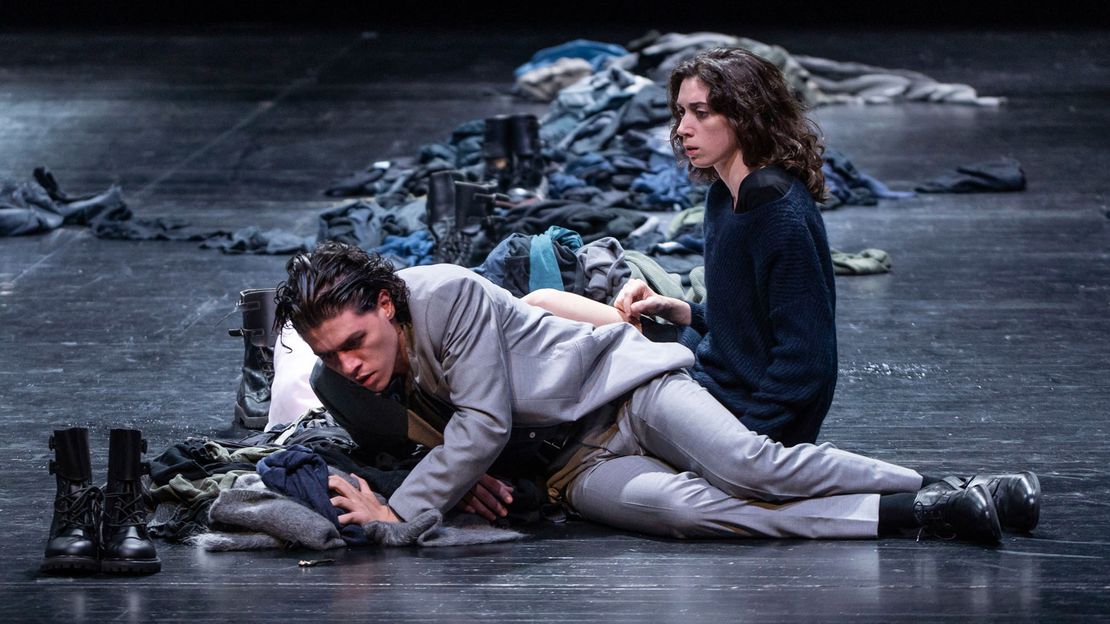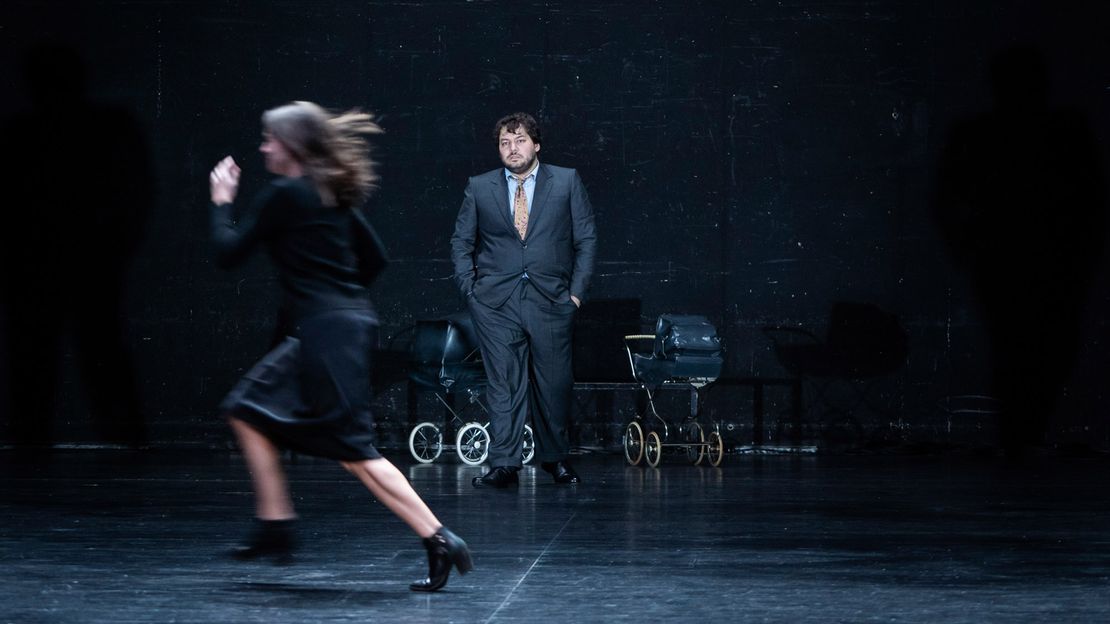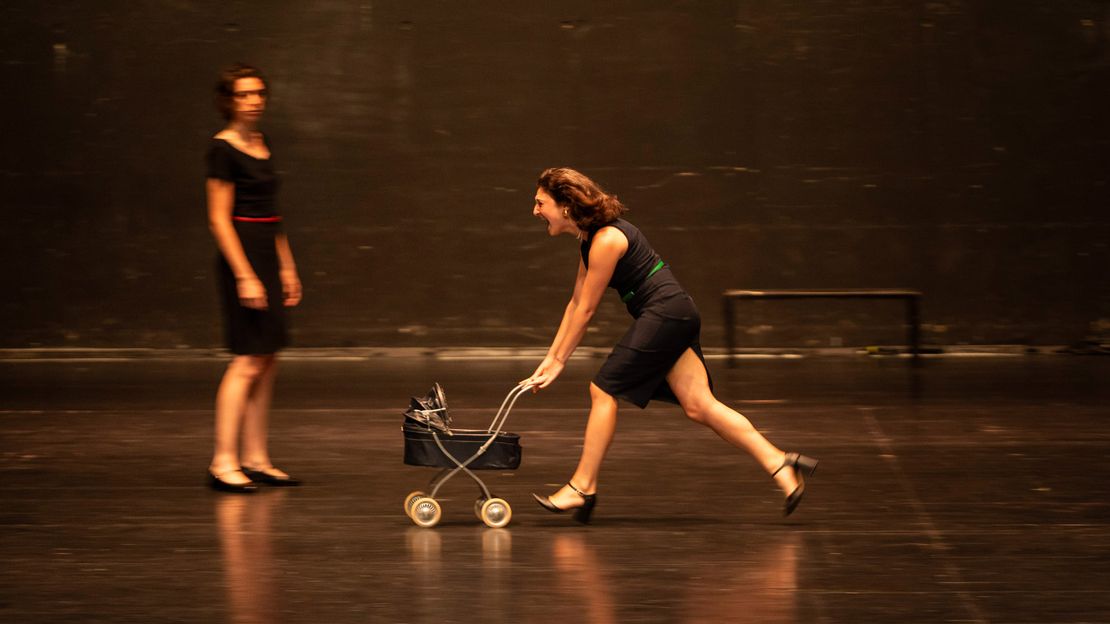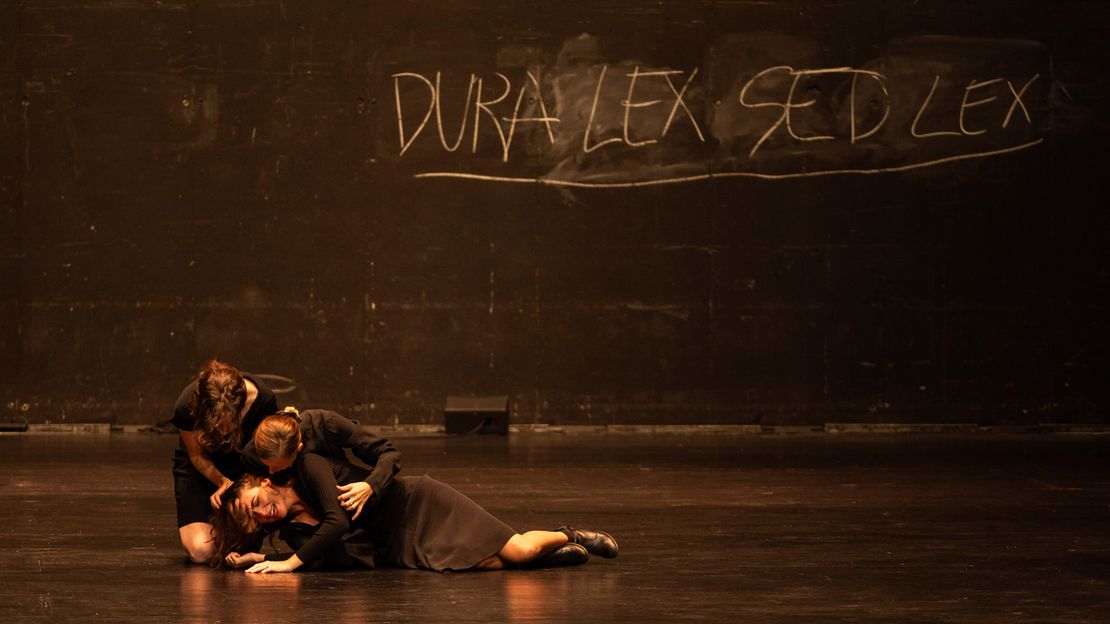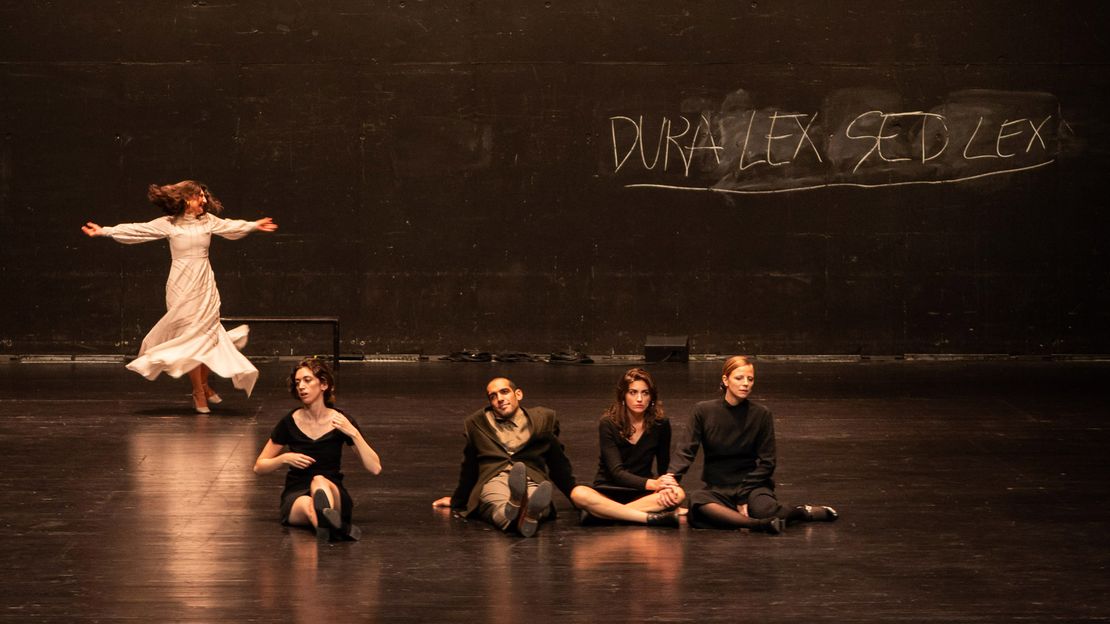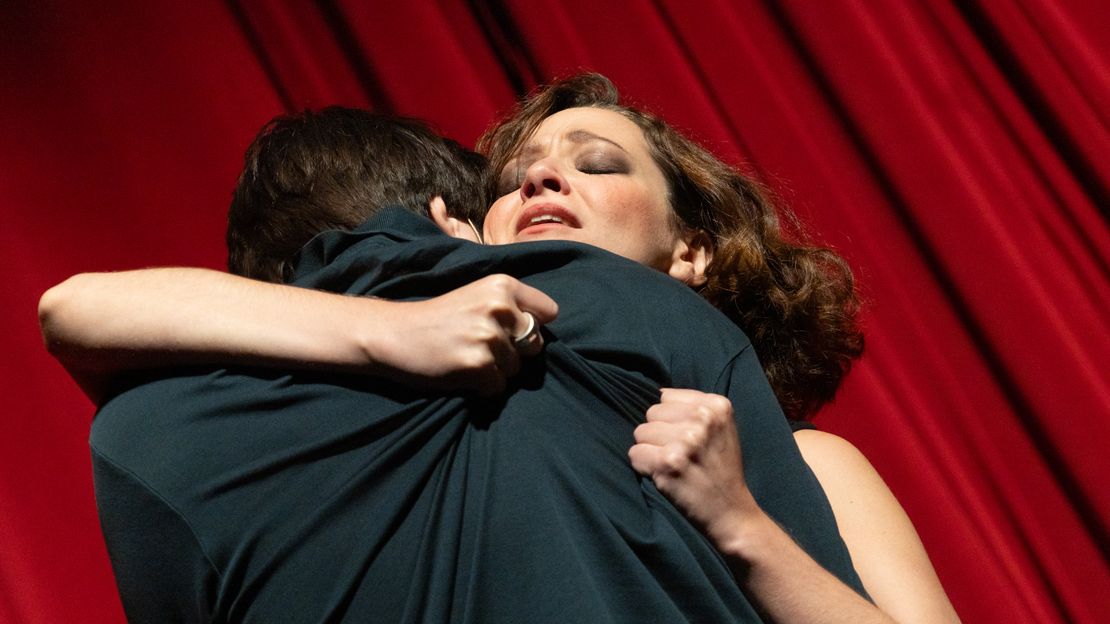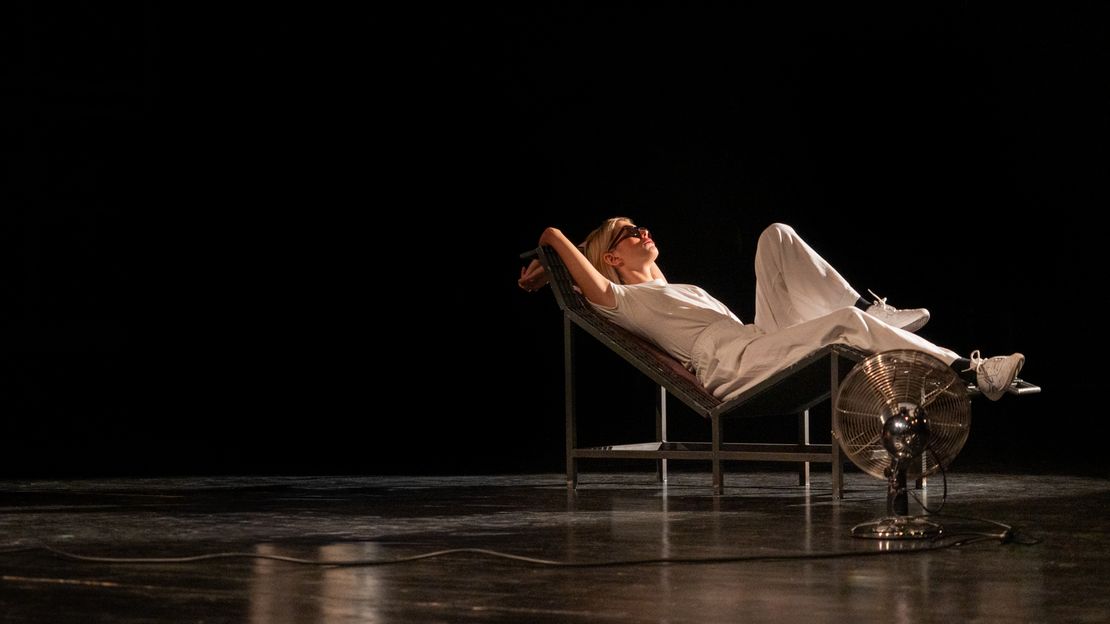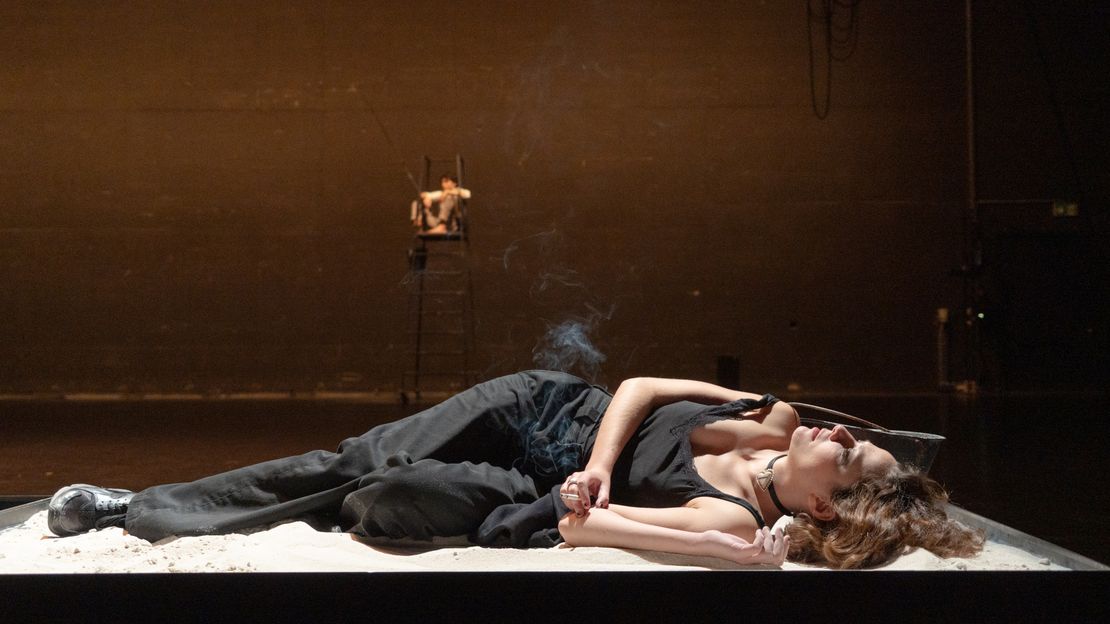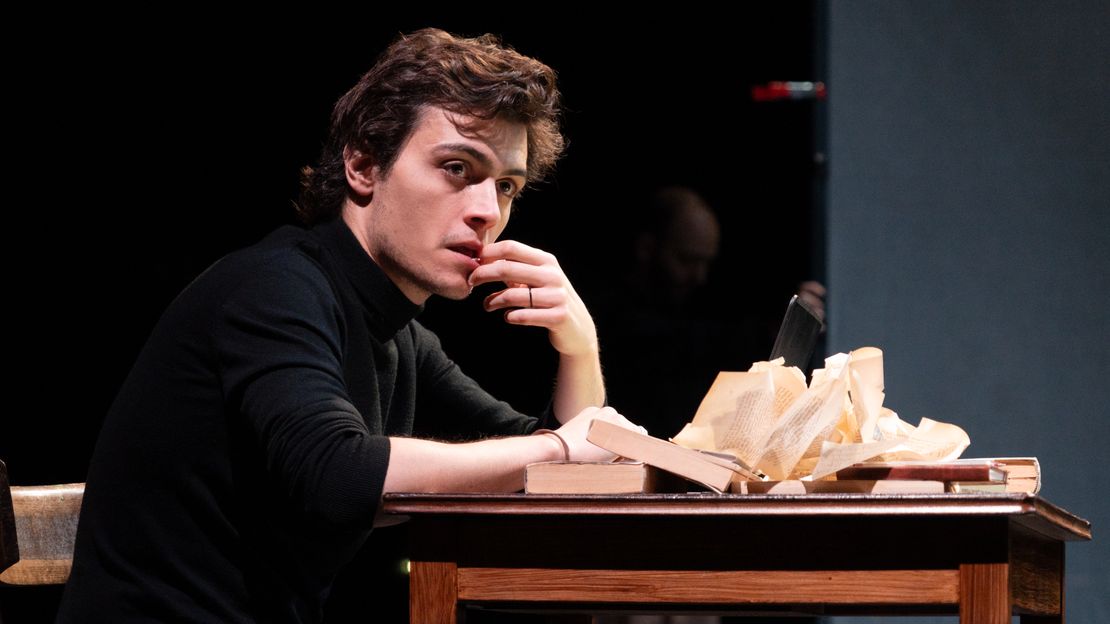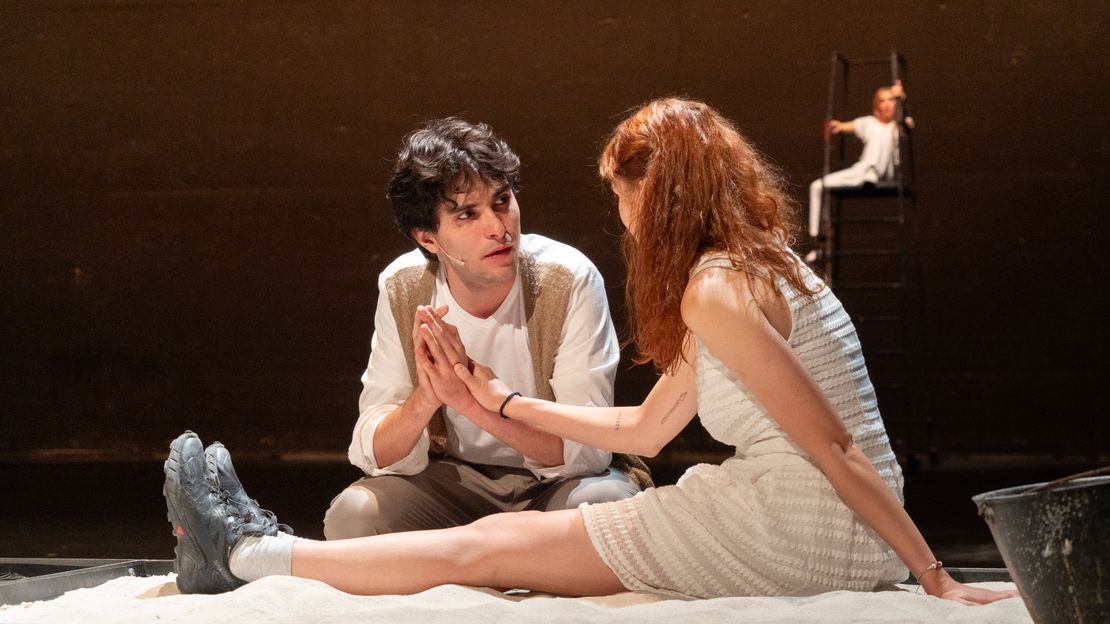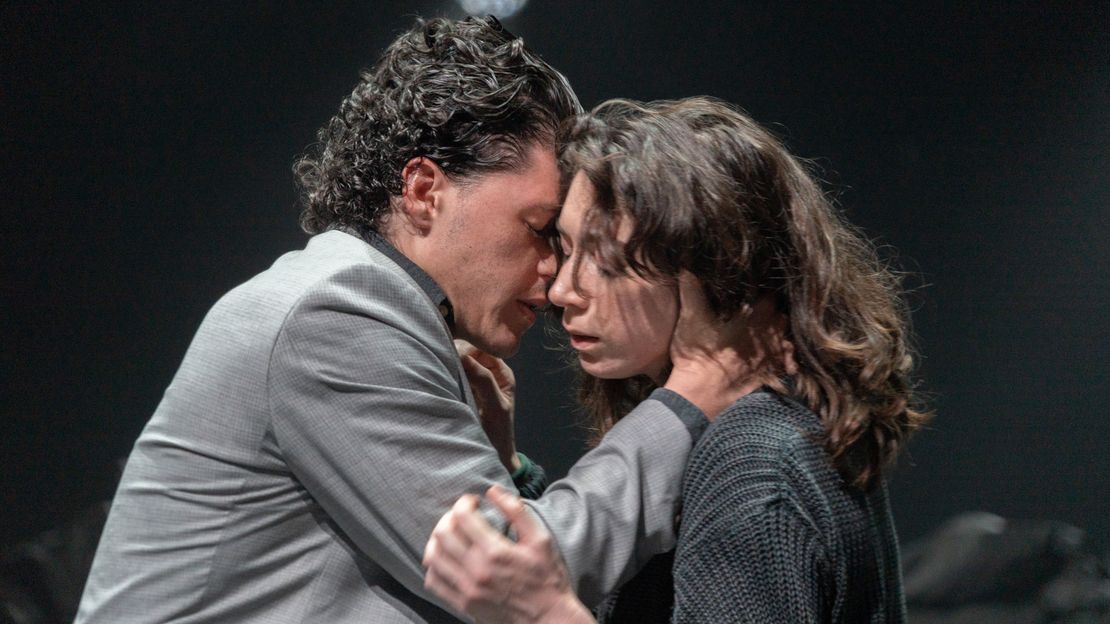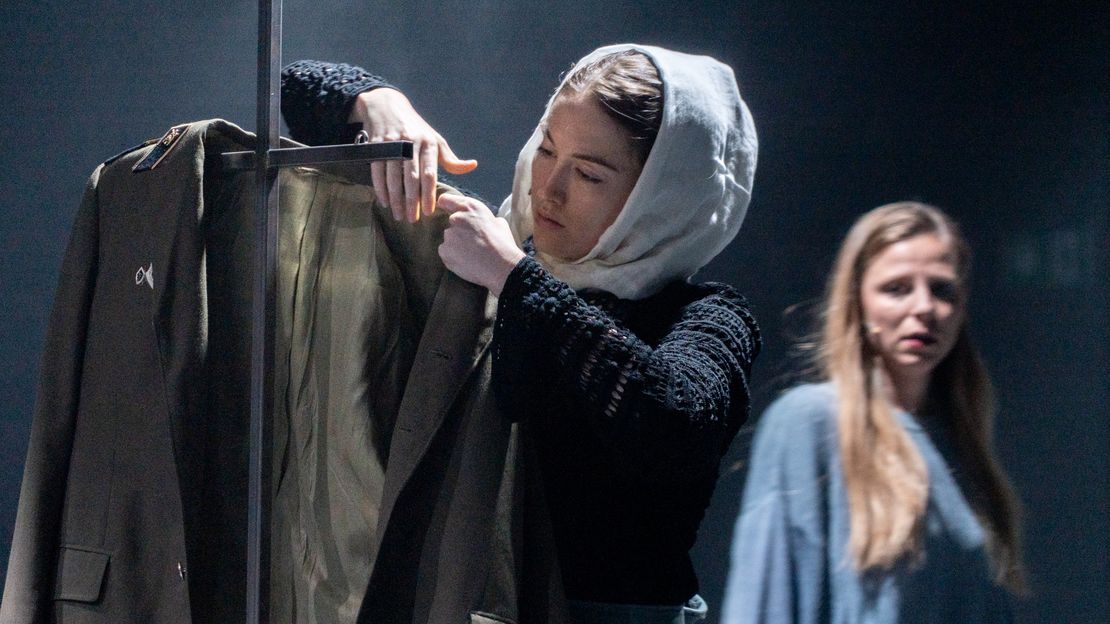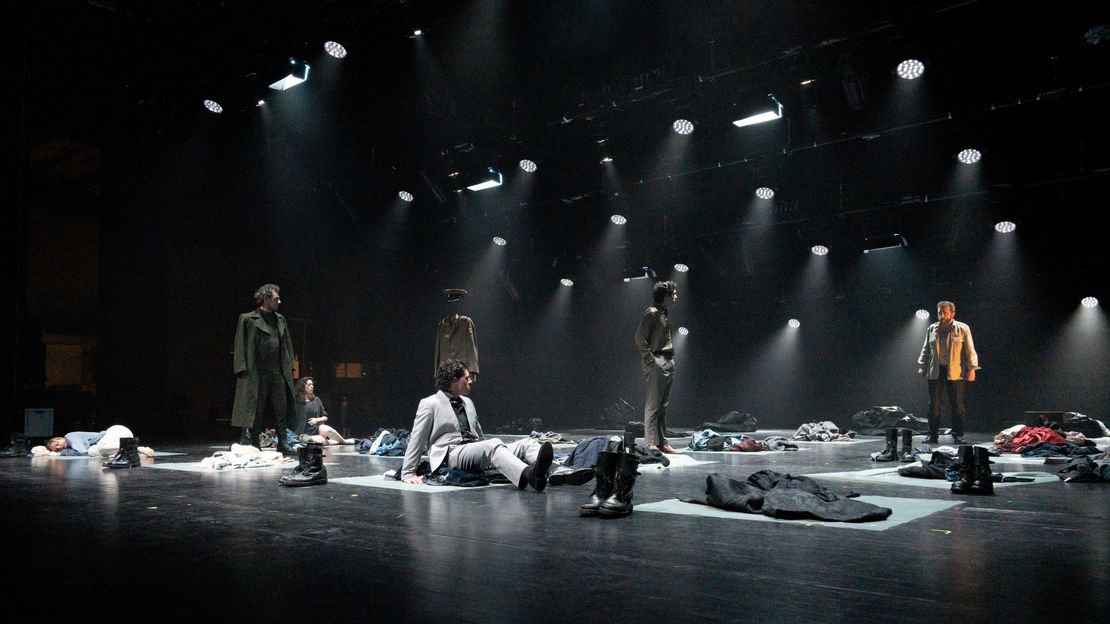Carmelo Rifici returns to explore two Chekhovian texts that marked the founding stages of his career as a director: Tre sorelle and Il gabbiano. The latter has been rewritten by the young playwright Livia Rossi, who reinterprets it in the light of recent history, placing it in dialogue with the writings of Anna Politkovskaya and Svetlana Alexievich, both deeply involved in the narrative of war, and with Pushkin's Evgeny Onegin, a work that marks the origin of great Russian literature.
Past event
30 September 2025
Sala Teatro
01 October 2025
Sala Teatro
04 October 2025
Sala Teatro
05 October 2025
Sala Teatro
‘This diptych closes a phase of work in the field of education,’ explains Rifici. "It is a closure to be understood as an opening towards another way of imagining paths with young performers that does not envisage the finished form of a show.
What does it mean for young people today to work on Chekhov's repertoire while maintaining a lively dialogue with literature? Is it possible to translate great drama into a contemporary key without betraying it deeply? Can young actresses and actors play roles that are inappropriate for their age in terms of life experience and theatrical experience? Can we ask Chekhov to intervene in the question of Russia and Europe today? We were trained on the great Russian literature, whose great authors have always been fertile ground in theatre schools. What has changed today in light of the terrible consequences of a war between East and West?"
Programma
Individual performances
- Tuesday, 30 September, 8:00 p.m. | Tre sorelle
- Wednesday, 1 October, 8:00 p.m. | Il gabbiano
- Saturday, 4 October, 2:30 p.m. | Tre sorelle
- Saturday, 4 October, 7:30 p.m. | Il gabbiano
- Sunday, 5 October, 2:30 p.m. | Tre sorelle
- Sunday, 5 October, 7:30 p.m. | Il gabbiano
Marathon
The Marathon includes consecutive screenings of Three Sisters and The Seagull, with a break from 6:00 p.m. to 7:30 p.m., during which you can enjoy a convivial moment in the LAC lobby, with food boxes by Luini6 and a shot of vodka offered by the LAC.
To participate, you must reserve tickets for both performances separately.
- Saturday, 4 October (2:30 p.m.–10:30 p.m.) – Tre sorelle + Il gabbiano | intermission 6:00 p.m.–7:30 p.m.
- Sunday, 5 October (2:30 p.m.–10:30 p.m.) – Tre sorelle + Il gabbiano | intermission 6:00 p.m.–7:30 p.m.
outcome of the Advanced Theatre Training Project
Tre sorelle
by
Anton Cechov
with (in alphabetical order)
Catherine Bertoni De Laet, Silvia Di Cesare, Daniele Di Pietro, Ion Donà, Sara Mafodda, Marco Mavaracchio, Davide Pascarella, Benedetto Patruno, Roberta Ricciardi, Edoardo Sabato, Jacopo Squizzato, Emilia Tiburzi
Il gabbiano
by
Anton Cechov
rewritten by
Livia Rossi
with (in alphabetical order)
Giacomo Albites Coen, Alessandro Bandini, Matilde Bernardi, Silvia Di Cesare, Jonathan Lazzini, Marta Malvestiti, Alberto Marcello, Francesca Osso, Benedetto Patruno, Alberto Pirazzini
edited by
Carmelo Rifici
teachers
Tindaro Granata, Carmelo Rifici
stage director
Daniele Spanò
lighting designer
Giulia Pastore
sound engineers
Brian Burgan, Federica Furlani
stage manager
Giuseppe Marzoli
assistant director
Ugo Fiore
training and movement
Leonardo Castellani
lighting technician
Giovanni Voegeli
set design by
Matteo Bagutti at the LAC Laboratory.
production
LAC Lugano Arte e Cultura
in co-production with
Manifatture Teatrali Milanesi
Special thanks
Alessandra Giuntini for dramaturgical advice on Il gabbiano,
MAB – Maison des Artistes Bard and the Municipality of Roncobello for the artistic residencies.
Three Sisters tells the story of Olga, Masha and Irina, three sisters from the Russian nobility who live in a small provincial town, dreaming of returning to Moscow, symbol of a fuller and more meaningful life. Illusions, unhappy loves and existential disappointments revolve around them, while time passes and hope fades. Beneath the apparent naturalism of the plot, hidden by the theme of class struggle, a disturbing mechanism unfolds, driven by the characters' intimate, scandalous desire to stop time in an attempt to imprint themselves on the memory of history with the most edifying image of themselves. Everything, then, from the smallest stirrings of the heart to the last syllable uttered, becomes a lucid and authentic representation of humanity. The struggle against time is vital for them, yet there is a mocking, paradoxical irony in their desperate struggle. But how does this attempt translate to the actors who must interpret them? How does the human desire to escape, at any cost and definitively, from the dominion of oblivion reverberate?
The Seagull is a drama that revolves around a group of characters linked by theatre, love and dissatisfaction. The young writer Kostya tries to make a name for himself with a new theatre and loves Nina, an aspiring actress, who, however, falls in love with the famous writer Trigorin, linked to Kostya's mother, the great traditional actress Arkadina. Around them, unrequited passions, frustrated artistic ambitions and disillusionment intertwine. As soon as you read it, Chekhov's work appears untouchable, perfect. Yet the geopolitical upheavals currently affecting the world have suddenly exacerbated its distance. The characters in the text have strong ties to certain cities in Ukraine, which at the time of Chekhov was divided between the Tsarist and Habsburg empires and is now torn apart by war. We have tried to remain almost entirely faithful to the original text, working only on those lines that already shed light on recent history, without ever wanting to be entirely explicit about the exact moment in which the action takes place. The present time is moving too quickly to be captured on a page, especially during a tragic conflict that is still ongoing.
